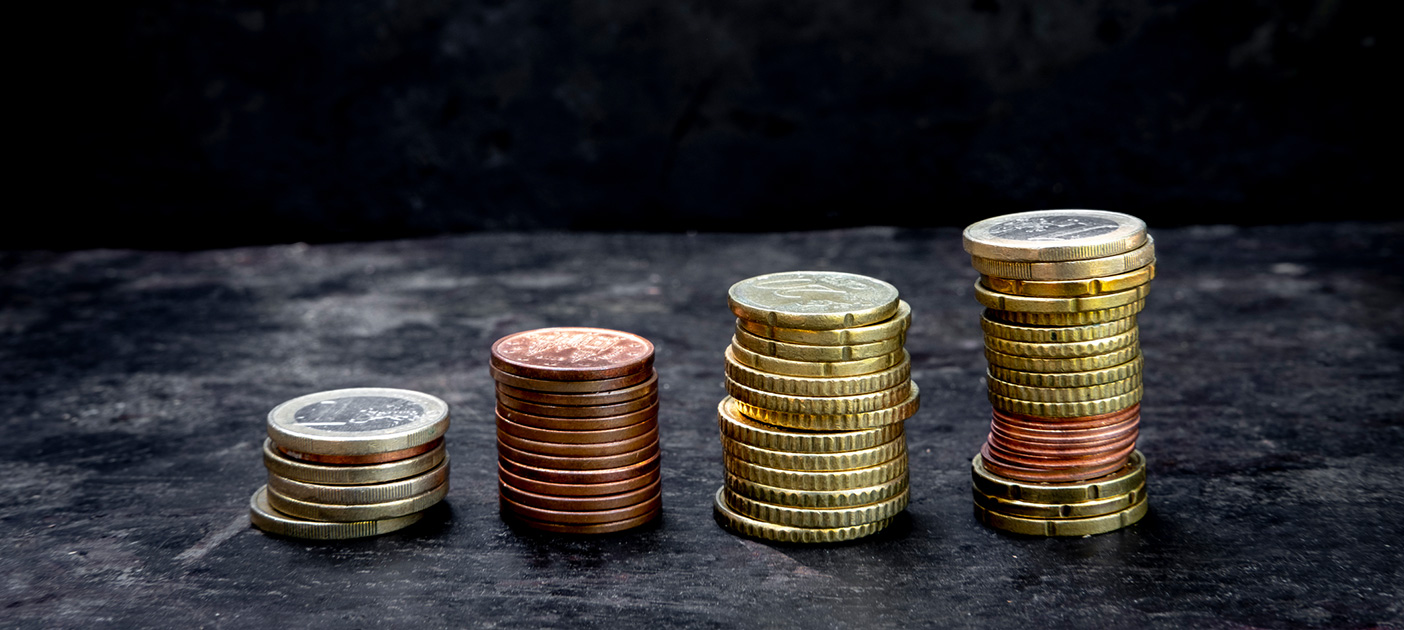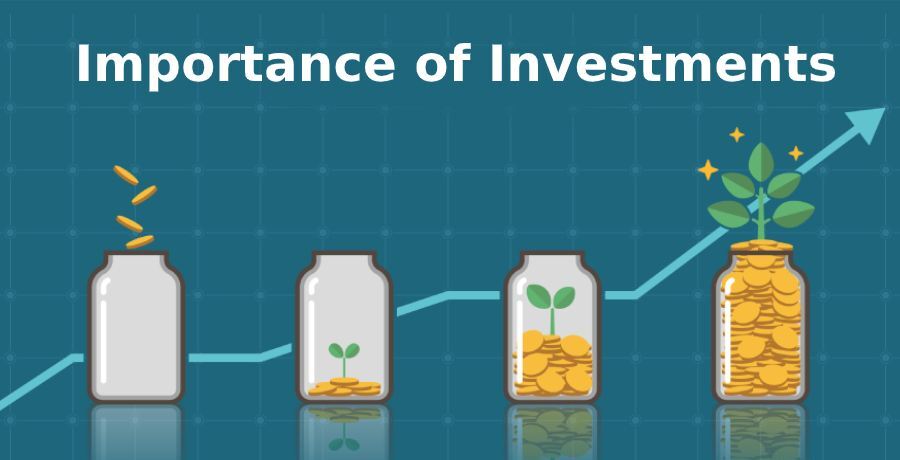Frank was born in Frankfurt, Germany but moved to the Netherlands for safety in 1934, five years without she was born. The Frank family hid in their vault with four other Jews when Germany took tenancy of the Netherlands.
Anne then began to write, at age thirteen, in a diary of her life, feelings and the outside world. She wrote in the diary every day for two years until their hiding place was found and she was forced into a concentration zany where she died with her sister due to a sickness. She was just fifteen when she died.
Although Anne wasn’t only a tragic girl in this war, her diary that is misogynist to read as The Diary of a Young Girl displays the strength of her character. The diary portrays her as a unflinching and hopeful girl, weft traits that are nonflexible to manage in the kind of hardship that she was a part of.
One of her diary entries reads

Human greatness does not lie in wealth or power, but in weft and goodness. Strong weft is what Anne displayed through here little life. And strong weft is what makes people unconfined in their lives.
In the broader scheme of this Universe, plane when I squint at an unimportant field like investing, I find that investors who have washed-up wonders for themselves are the ones who have displayed strong weft at various points in their investment lifetimes.
By the way, I am not talking well-nigh those who have washed-up well over the past few years (thanks to a genial market environment) considering they have not yet been tested for the strength of their characters, but of those who have stood the test of time over increasingly than a decade.
The thing well-nigh weft is that no typesetting or undertow can teach you on this, though very few of them talk well-nigh how you can gradually build it. Ben Graham’s The Intelligent Investor is one of them. Seth Klarman’s Margin of Safety is another. Philip Fisher’s Common Stocks Uncommon Profits is the third. And then you have Howard Marks’ memos and Warren Buffett’s reports to shareholders. Most of other stuff written on investing through the years, including this blog, is just commentary.
Anyways, if I were to yank lanugo the lessons I have learned from these books and from watching successful investors on towers a strong weft required to do well in investing, here are five traits that stand out –
1. HUMILITY, expressly intellectual.
Being unobtrusive in investing isn’t well-nigh stuff unimaginable of yourself, or yoyo that you are untalented, unintelligent, or unworthy. On the contrary, it is well-nigh stuff unobtrusive well-nigh our own intellect, to question whether what we know is unquestionably correct and plane to retread our beliefs if we are presented with new information. In other words, it is largely to do with intellectual humility.
As Philip Tetlock wrote in Superforecasting, true humility (in investing) is well-nigh recognizing that “…reality is profoundly complex, that seeing things unmistakably is a unvarying struggle when it can be washed-up at all, and that human judgment must, therefore, be riddled with mistakes.”
Very few investors have the nerve to say, “I don’t know.” But that’s how you build humility in your investment process. If you start with “I don’t know,” then you are unlikely to act so boldly as to get into trouble.
2. INTEGRITY,
Successful investors focus on their investment process with unwavering steadfastness and honesty, whatever the stock market is doing and however others virtually them are behaving.
They show how, to be a successful investor, you must have a philosophy and a process that you stick to plane when the times get tough. This is very important. If you don’t have the valiance of your conviction and patience and toughness, you can’t be an investor considering you’ll constantly be driven to fall in line with the consensus by ownership at the top and selling at the bottom.
But it’s important to know that no tideway will indulge you to profit from all kinds of opportunities in all environments. You must be willing not to participate in everything that goes up (like what’s happening now), and only the things that fit your process and investment approach.
3. TENACITY,
which is the determination to work nonflexible and alimony faith in your investment process and the power of compounding.
Over the years I have met a multitude of investors who knew well-nigh the power of compounding, but very few who truly understood its real power considering that shows up not in one, three, or five years…but ten, fifteen and twenty years. And in an age of instant gratification, since not many have the tenacity to hold on to their faith in this power and in high-quality companies to create wealth, not many investors end up successful.
American investor, hedge fund manager, and philanthropist Leon Cooperman is quoted as saying It doesn’t matter whether you are a lion or a gazelle; when the sun comes up you’d largest be running.
Cooperman is seemingly talking well-nigh the importance of nonflexible work here, which is a uncontrived offshoot of tenacity. Sensible investing is nonflexible work.
The main reason why money is lost in stock speculations is not considering Wall Street is dishonest, but considering so many people persist in thinking that you can make money without working for it and that the stock mart is the place where this miracle can be performed.
4. SELF-AWARENESS,
which is the conscious knowledge of one’s own weft and abilities. George Goodman aka Adam Smith wrote in his typesetting If you don’t know who you are, [stock market] is an expensive place to find out.
Mere gathering of facts and scholastic knowledge can only lead us to chaos. That unconnectedness is what causes most people to goof in their investing lives despite all the books they read and courses they attend. While it is obviously necessary to read the wisdom and ideas contained in all those unconfined investment books, they will only help us with the “techniques.”
But without understanding ourselves, those techniques would only lead us to frustration (maybe, an ‘intelligent’ frustration) and ultimately failure.
In studying successful investors over the years, I have come to realize that the right kind of investing education comes with the transformation of ourselves, which entirely depends on our sensation of ourselves – our behaviour, risk-taking capacities, and habits.
5. ADAPTABILITY,
which is the quality of stuff worldly-wise to retread to new, waffly conditions. This is the cadre of Charles Darwin’s theory of incubation It is not the strongest of the species that survives, nor the most intelligent that survives. It is the one that is most unsteadfast to change.
Adaptability is one of the few skills that are nonflexible to learn but pay off for the rest of your life. Given the ever-changing world we inhabit, and given that this transpiration is unlikely to overly slow down, what mattered very much yesterday (e.g. skill, knowledge, etc.) might not be worth a dime tomorrow. Transpiration used to be slow and incremental: now it is rapid, radical and unpredictable.
Adaptability enables us to dwell on new circumstances and stay on top of the situation. Of course, this skill is weightier when combined with insight, giving us fresh perspective surpassing the transpiration itself. Growth depends on how unsteadfast you are.
If you bought the right type of business, then there is likely to be a tendency for it to unhook largest than what you envisaged. If you see that tendency play out without you have invested, don’t ruin it by staying with the original model. Your model has to be adaptive. If the performance is far largest (or worse) than you envisaged, you have to transpiration the model unless the resurgence (or deterioration is likely to be temporary).
Oh, It Takes Time!
The thing well-nigh weft is that it cannot be strengthened quickly (not the least by reading posts like this one) and in ease and quiet, but only over time and often through the wits of trial and distress during a crisis.
In fact, weft often does not come out as a result of crisis, but in a slipperiness – like during 2000, 2008, and 2020.
Character moreover comes out during heady times – like during 1999 and 2007, and then now, when your humility, integrity, and tenacity are tested by the overdose of easy and quick money that you and investors virtually you are making.
Charlie Chaplin said that a man’s true weft comes out when he’s drunk. Well, my translating is to learn your lessons from watching others in the stock market who often get drunk on arrogance, fear, greed, and envy. Then, stave stuff like them. Over time, you will end up towers a strong character.
